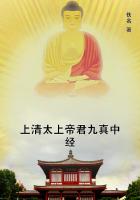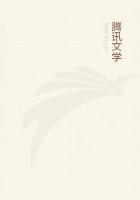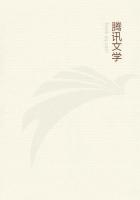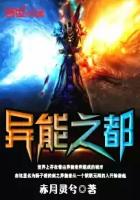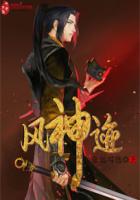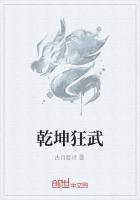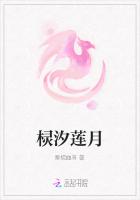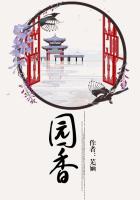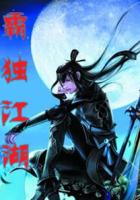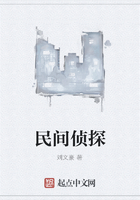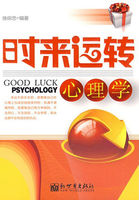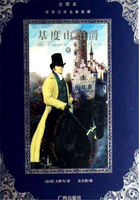2.The superior man ordinarily considers the left hand the most honourable place, but in time of war the right hand. Those sharp weapons are instruments of evil omen, and not the instruments of the superior man;--he uses them only on the compulsion of necessity. Calm and repose are what he prizes; victory (by force of arms) is to him undesirable. To consider this desirable would be to delight in the slaughter of men; and he who delights in the slaughter of men cannot get his will in the kingdom.
3.On occasions of festivity to be on the left hand is the prized position; on occasions of mourning, the right hand. The second in command of the army has his place on the left; the general commanding in chief has his on the right;--his place, that is, is assigned to him as in the rites of mourning. He who has killed multitudes of men should weep for them with the bitterest grief; and the victor in battle has his place (rightly) according to those rites.
32. 1. The Tao, considered as unchanging, has no name.
2.Though in its primordial simplicity it may be small, the whole world dares not deal with (one embodying) it as a minister. If a feudal prince or the king could guard and hold it, all would spontaneously submit themselves to him.
3.Heaven and Earth (under its guidance) unite together and send down the sweet dew, which, without the directions of men, reaches equallyeverywhere as of its own accord.
4.As soon as it proceeds to action, it has a name. When it once has that name, (men) can know to rest in it. When they know to rest in it, they can be free from all risk of failure and error.
5.The relation of the Tao to all the world is like that of the great rivers and seas to the streams from the valleys.
33. 1. He who knows other men is discerning; he who knows himself is intelligent. He who overcomes others is strong; he who overcomes himself is mighty. He who is satisfied with his lot is rich; he who goes on acting with energy has a (firm) will.
2. He who does not fail in the requirements of his position, continues long; he who dies and yet does not perish, has longevity.
34. 1. All-pervading is the Great Tao! It may be found on the left hand and on the right.
2.All things depend on it for their production, which it gives to them, not one refusing obedience to it. When its work is accomplished, it does not claim the name of having done it. It clothes all things as with a garment, and makes no assumption of being their lord;--it may be named in the smallest things. All things return (to their root and disappear), and do not know that it is it which presides over their doing so;--it may be named in the greatest things.
3.Hence the sage is able (in the same way) to accomplish his great achievements. It is through his not making himself great that he can accomplish them.
35. 1. To him who holds in his hands the Great Image (of the invisible Tao), the whole world repairs. Men resort to him, and receive no hurt, but (find) rest, peace, and the feeling of ease.
2. Music and dainties will make the passing guest stop (for a time). But though the Tao as it comes from the mouth, seems insipid and has no flavour, though it seems not worth being looked at or listened to, the use of it is inexhaustible.
36. 1. When one is about to take an inspiration, he is sure to make a (previous) expiration; when he is going to weaken another, he will first strengthen him; when he is going to overthrow another, he will first haveraised him up; when he is going to despoil another, he will first have made gifts to him:--this is called 'Hiding the light (of his procedure).'
2.The soft overcomes the hard; and the weak the strong.
3.Fishes should not be taken from the deep; instruments for the profit of a state should not be shown to the people.
37. 1. The Tao in its regular course does nothing (for the sake of doing it), and so there is nothing which it does not do.
2.If princes and kings were able to maintain it, all things would of themselves be transformed by them.
3.If this transformation became to me an object of desire, I would express the desire by the nameless simplicity.
Simplicity without a nameIs free from all external aim. With no desire, at rest and still,All things go right as of their will.

